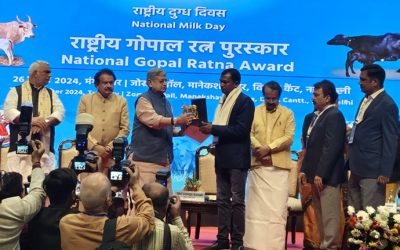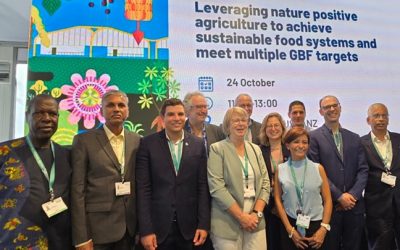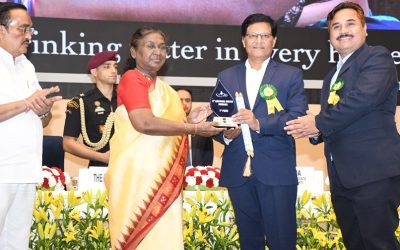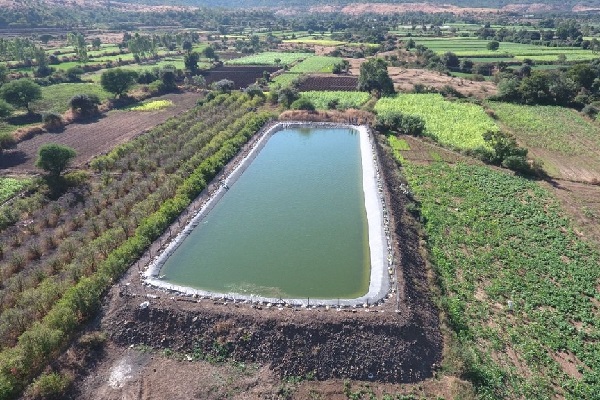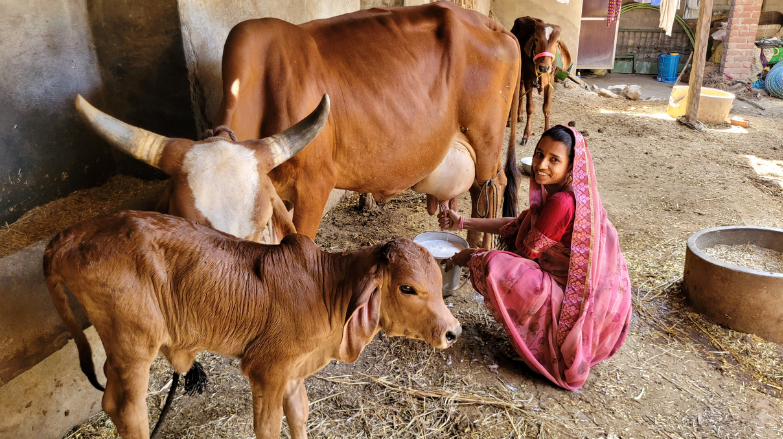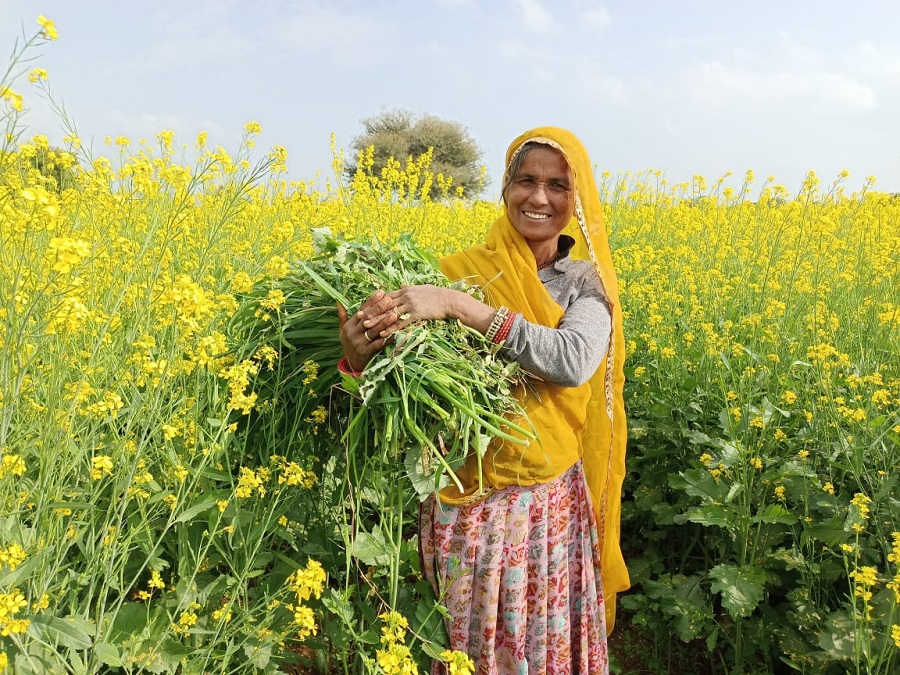
Outreach
States
Total Districts including 56 Aspirational Districts
Villages
Million families
Programmes and Impact
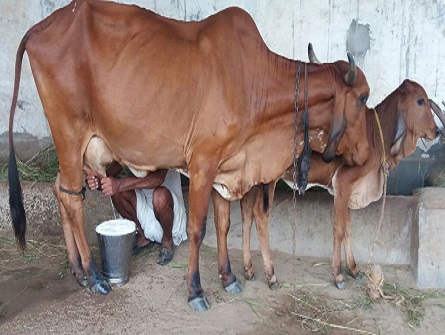
Livestock-based Livelihoods and Enteric Methane Emissions Reduction
5,19,669 (cum. 72,10,900) families from 96,956 villages in 12 states have improved their livelihood; Methane emission reduced by 17 to 20 %
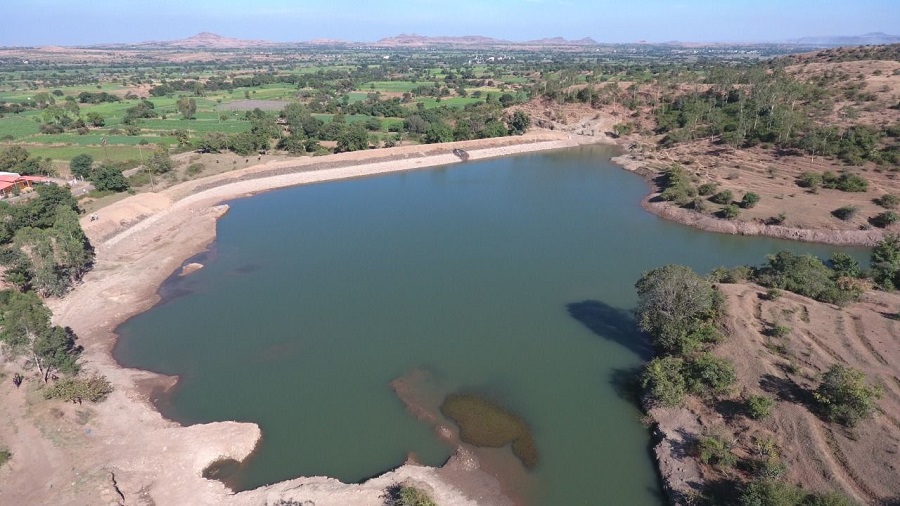
Water-centric Livelihoods for Land Degradation Neutrality and Soil Carbon Enrichment
186 (cum. 372,159) ha; 13,636 (cum. 284,993) families in 115 (cum. 1513) villages in 12 states; Estimated carbon sequestered / offset: 100,000 t. C per year.
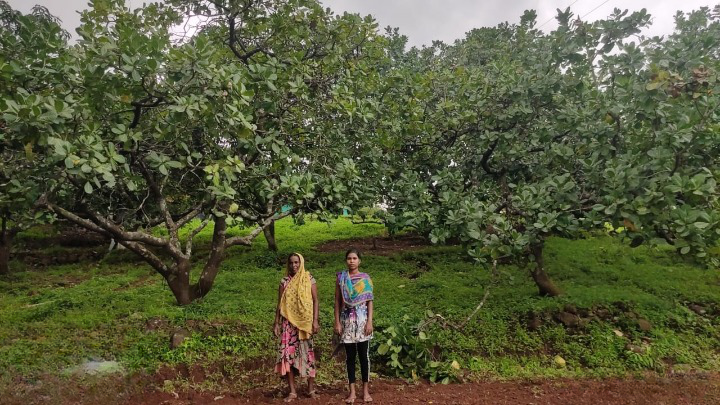
Agri-Horti-Forestry (Wadi) for Carbon Sequestration and Livelihoods of small and marginal farmers
3112 (cum. 89,136) ha; 7779 (cum. 222,840) tribal and poor families; 382 (cum. 6900) villages from 12 states; Carbon sequestered: 2.0 million tons
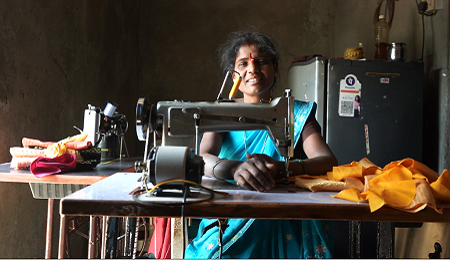
Rural Non-Farm Sector-based Livelihoods

Samruddha Gram (Holistic Village Development)
Convergence of mainstream programmes for holistic development of 8074 families from 82 villages of 6 states
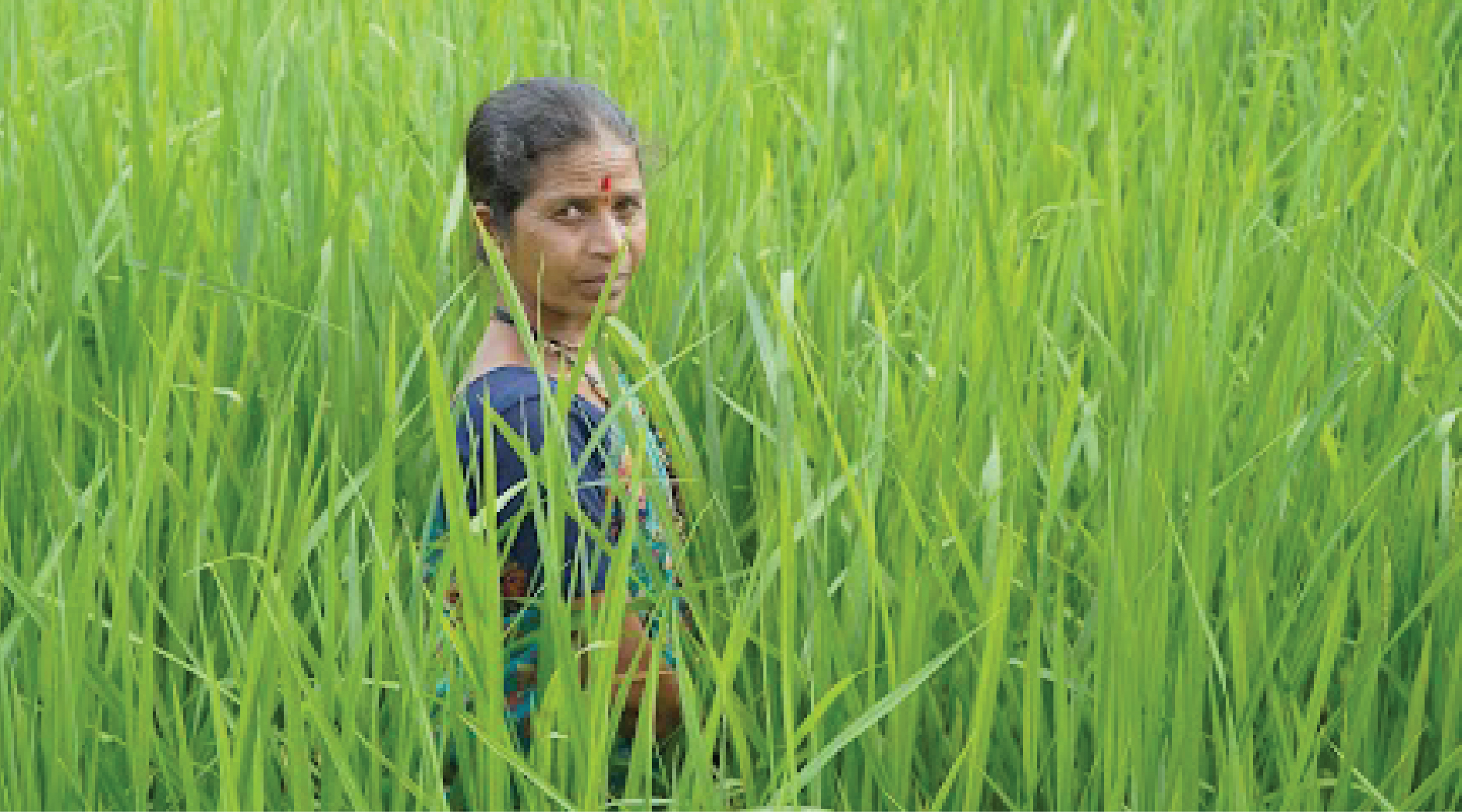
Climate Change Adaptation, Mitigation and Climate-Smart Agriculture
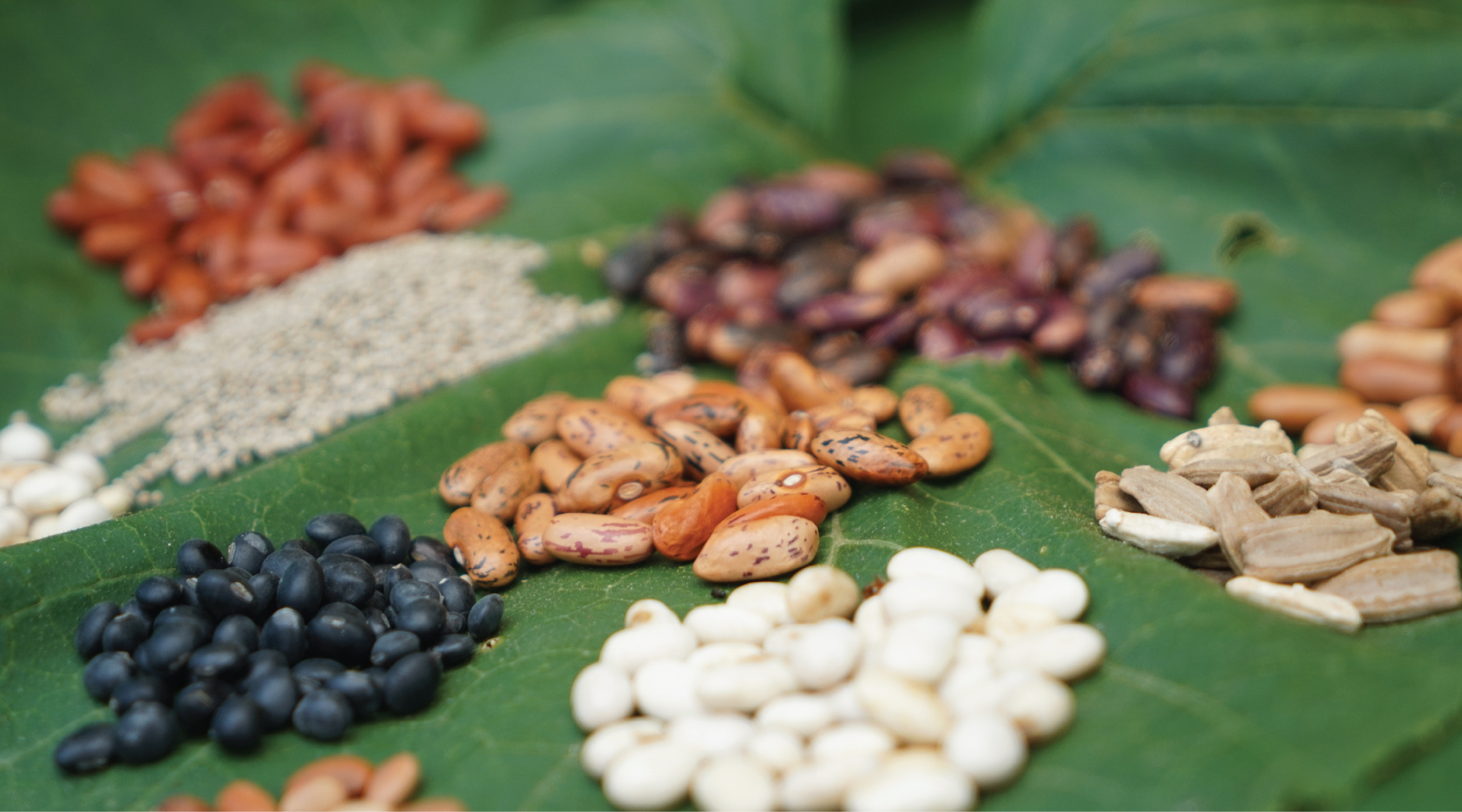
Agro-Biodiversity Conservation
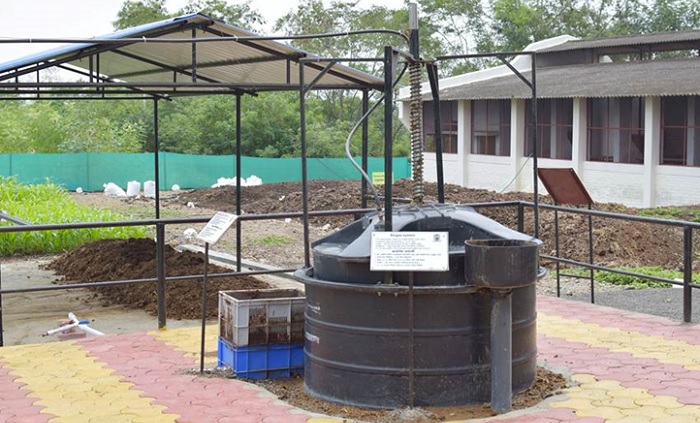
Renewable Energy
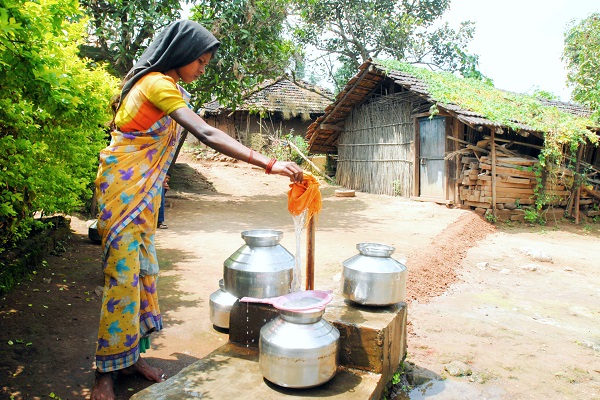
Health and Nutrition
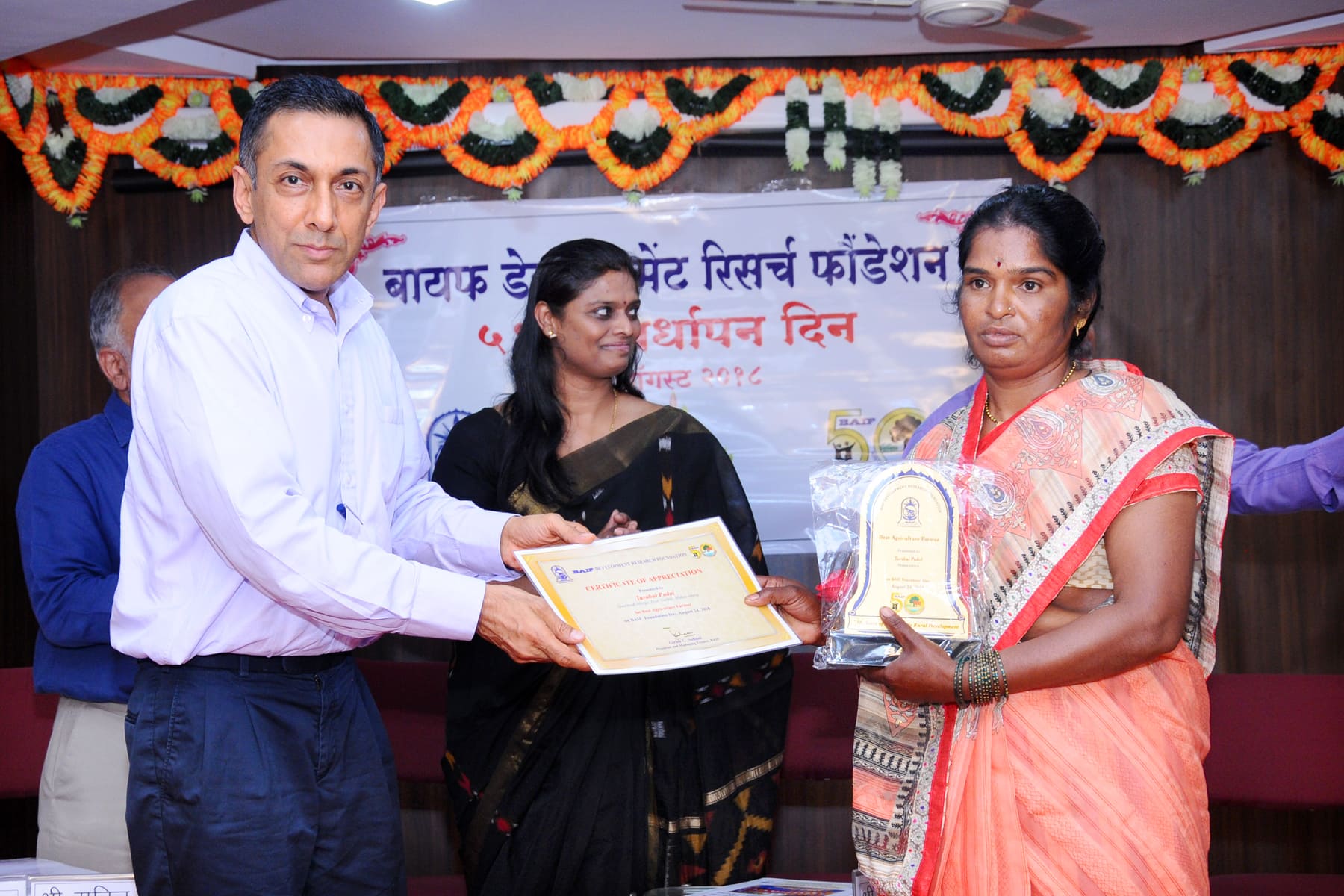
Women-centric Development
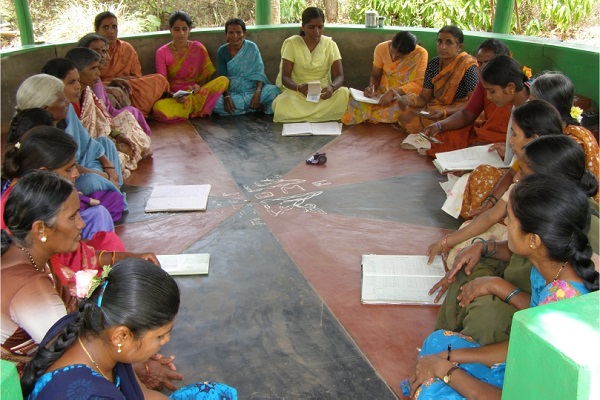
Capacity Building
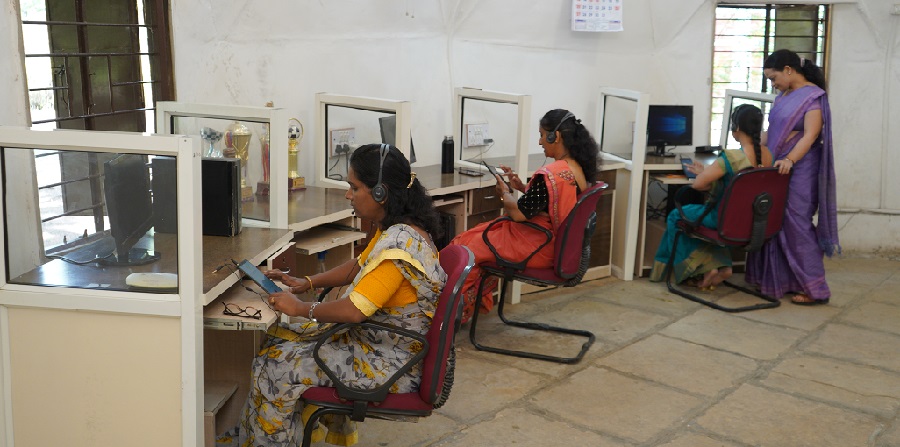
Information and Communications Technology
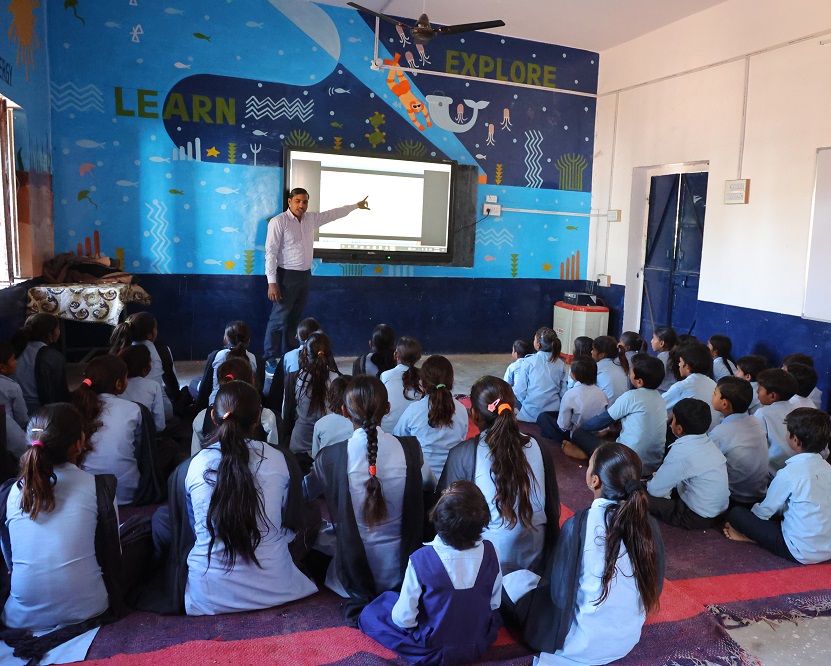
Education
Formal and non-formal educational initiatives in tribal regions; Functional literacy in Bundelkhand region and Smart School Programme for 2000 children in 5 states
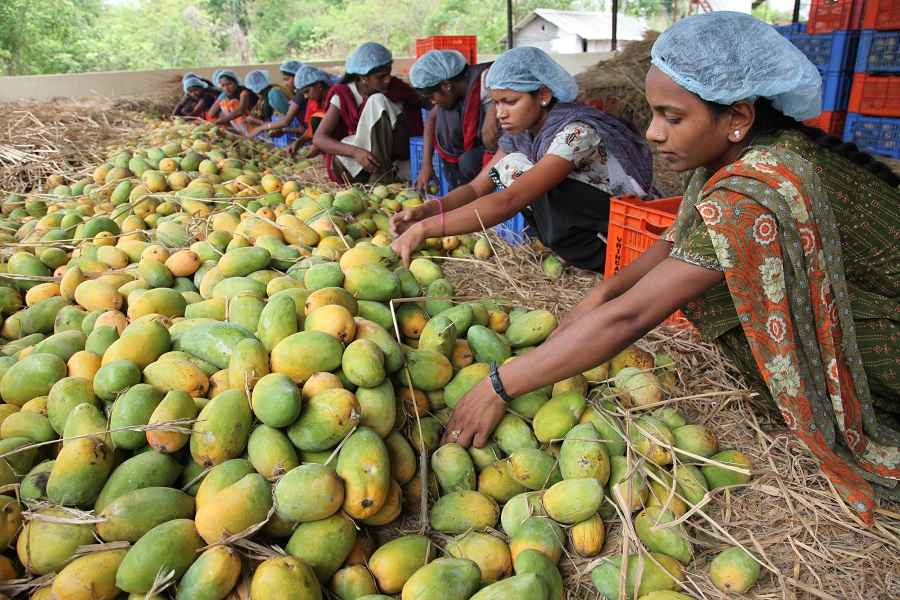
Farmer Organisations
Significant Events
National Gopal Ratna Award for BAIF Livestock Technician
BAIF Livestock Technician, Sri. Bhaskar Padhan, is the proud recipient of the prestigious National Gopal Ratna Award for “Best Artificial...
BAIF Participation in UN Convention on Biological Diversity
BAIF Development Research Foundation, Pune, an accredited Observer Organization of the United Nations Convention on Biological Diversity (UNCBD),...
BAIF awarded National Water Award
Oct 22, 2024: Hon. President of India, Smt. Droupadi Murmu conferred the 5th National Water Awards 2023 for “Best Civil Society” on BAIF Development...
BAIF Vision 2030
The strategy for achieving the goals will be empowerment and skilling of the local people, building social capital and collaborations with national and international science and technology institutions.

